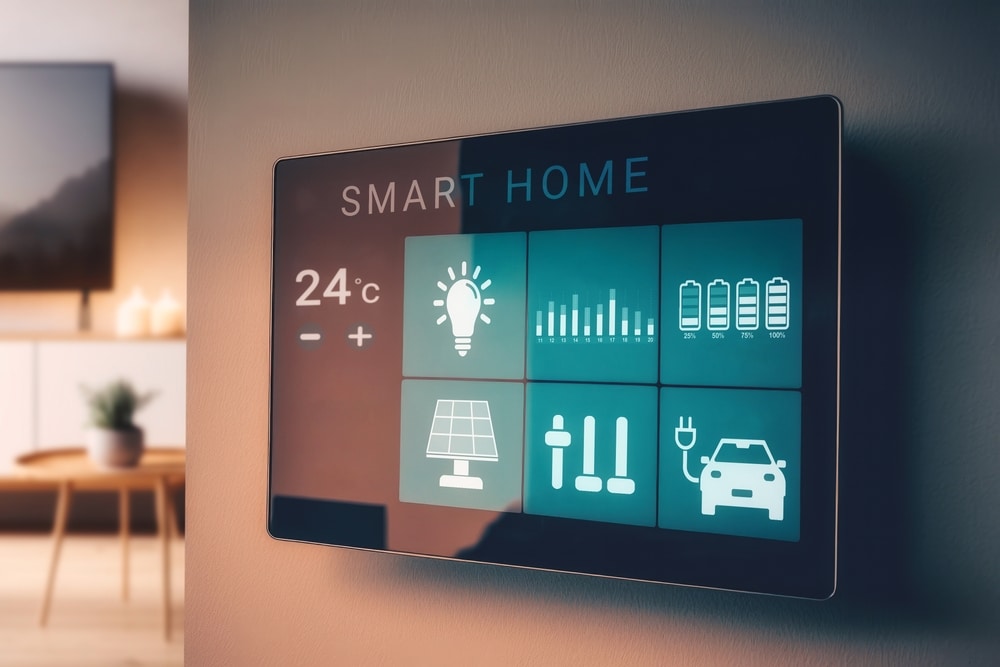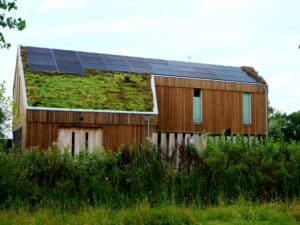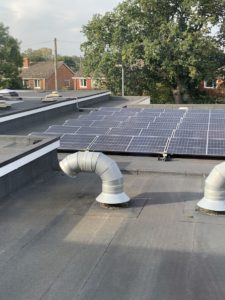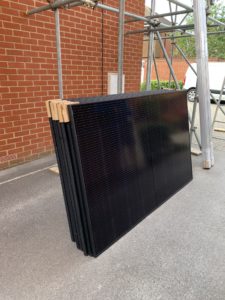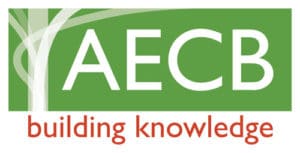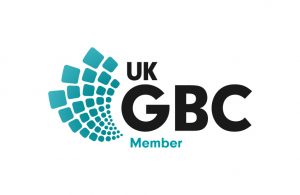Building, renovating or refurbishing a home is an opportunity many property owners relish. Undertaking this type of home improvement project presents a prime opportunity to revitalise a space. It is a great time to make a home feel more inviting and improve its value with new designs and features that can make it more sustainable. However, while a renovation project is not without its architectural challenges, if executed with smart planning from the start, it can be well worth the investment.
Smart home projects: the perfect chance to go greener
For eco-conscious homeowners, renovating a home also offers a perfect chance to integrate innovative new sustainability features that benefit the environment as well as offer you the convenience and luxury benefits you’ve been looking for. Smart homes have become all the rage in the UK property market, with an estimated 36% of homes now incorporating smart tech to some degree.
While some tech solutions are commonplace, such as smart heating systems and fully integrated smart speakers and hubs, the technology itself is advancing rapidly, enabling automation and responsiveness that was, mere years ago, rendered unthinkable. However, with such widespread discussion around climate change and sustainability now dominating everyday conversations, many homeowners are looking for ways they can achieve tech-driven comfort in their homes without it coming at a huge environmental cost.
Thankfully, sustainable living and smart homes go hand in hand, complementing one another all too well. Homeowners can create automated and beautiful spaces without either paying through the nose or choosing materials that wreak havoc on the planet’s resources. Considering the recent data on the construction industry’s vast gaps in achieving net zero targets, more needs to be done.
With careful consideration of certain materials and design choices, you can create a high-tech yet eco-friendly home that offers you convenient and comfortable living in spades. Find out how to make your smart home construction and renovation project a sustainable one that offers you long-term environmental value and luxury.
How safe are smart homes?
Before we get into the details of how to make your smart home sustainable, it’s important to address one of the elephants in the room. Many homeowners wonder whether there is a security risk in connecting various home systems and appliances to the Internet. This powers their automation and interconnectivity with one another, usually through a central hub like Google Home or Amazon Echo.
However, therein lies the issue of information storage, as well as that of usage, habits, and preferences, on the devices themselves as well as the networks they sit on. All that data could make a smart home a personal data or privacy risk. This isn’t even considering recent reports of smart baby monitors being hacked in the past.
Before deploying any smart home devices, it’s important to take some security steps beforehand:
- Change your WiFi network default settings and set up a guest network for devices.
- Ensure all connected devices are password-protected and firewalls on your router.
- Install strong security software on your smartphone and connected devices.
- Add MFA (multi-factor authentication) on devices as an extra security step.
- Change the hub’s default alert words to something that you and your family know.
- Buy devices from reputable suppliers, not knockoffs from lesser-known brands.
- Examine each device’s permissions, privacy policies and cyber incident response security steps (if listed).
Remember that every device you add to your home network and infrastructure creates another opportunity for unwelcome cybercriminals.
A smart home is inherently – and statistically – designed to help you get better control of your energy usage and make your home feel more connected and secure. While most devices will help you achieve this goal, don’t let it come at the expense of your privacy.
How to make a smart home safe and eco-friendly
Commit to sustainable building materials
Green construction materials are a must whether you’re building from scratch or refreshing an existing space. Opt for recycled, renewable, natural, or responsibly sourced materials with low carbon footprints. For example, consider bamboo flooring over traditional wooden panels, and opt for natural linoleum instead of vinyl. Consider opting for additional insulation in roofing or choosing SIPs as a way to conserve more heat.
While any concrete, tiles, or composite materials do come at an environmental cost, consider buying from eco-conscious brands or products that are made from renewable processes. Research companies and suppliers to validate their efforts like using reclaimed wood or offsetting carbon used to generate products. Some eco-friendly products may come at a higher upfront price but the payoffs can be excellent, not least when giving your home an improved EPC rating.
Incorporate solar or geothermal power
Many homeowners use a renovation as a time to switch to renewable energy systems.
Solar or geothermal energy harnesses power from natural resources which, when automated through smart tech, allows homeowners to maximise efficiency and get better control of their energy usage. This is something many have relished at times like these when energy prices are still skyrocketing. Smart batteries can also integrate renewable power into your home’s energy supply while minimising any energy you take from the grid.
Adjust your windows and lights to adjust automatically based on sun positioning and temperature allowing you to prevent the home from overheating unnecessarily or wasting energy when nobody is home.
Incorporate automated smart products
Smart thermostats, lighting, switches and outlets can undeniably add convenience while giving homeowners greater visibility of their energy usage. Monitoring how much energy each appliance uses encourages more responsible usage, whether that’s automating blinds to open or close based on outside temperatures, or lights to turn on or off based on occupancy levels. Conditions like these often dictate how much energy is used each day, so balance this with your patterns to achieve optimum comfort and visibility.
Choose responsibly sourced connected appliances
The materials you use in construction should be carefully considered but that same practice should apply when choosing home appliances. Seek out energy-rated models across kitchen appliances, radiators or HVAC devices. Prioritise heaters, fridge-freezers, washing machines, dishwashers and tumble dryers that give you better efficiency. Some smart models of these appliances offer great convenience benefits but don’t be tempted by these alone; don’t sacrifice sustainability for the purposes of comfort.
The radiant future of green smart homes
It can be easy to view the sustainability, technology, and efficiency of a home as separate siloed issues. However, when it comes to smart home renovations, they need not present any kind of conflicting interests.
Nowadays, homeowners can achieve plenty of improved energy usage and preservation while enjoying a more automated and tech-led lifestyle. While that’s not to say that planning and research shouldn’t be done at all, the long-term benefits will be well worth the time you spend figuring out what materials and appliances to use to go greener.
One in billions of homes worldwide may not present a huge environmental concern in the scheme of things, especially considering the global carbon emissions caused by industries like travel and transport. However, that shouldn’t absolve us of our responsibility to treat the planet as well as possible individually.
If there’s anything to take away from this guide, it’s that there is already a firm market for smart home technology if you want to sell a home fast or add extra value. The popularity of smart home additions in the construction sector is not a fad that will fade anytime soon. At its very nature, this tech is designed to be an advantage to you, but don’t be purely blinded by the convenience benefits on offer. Consider choosing products that do more to protect the planet while maximising convenience, security, and comfort.



